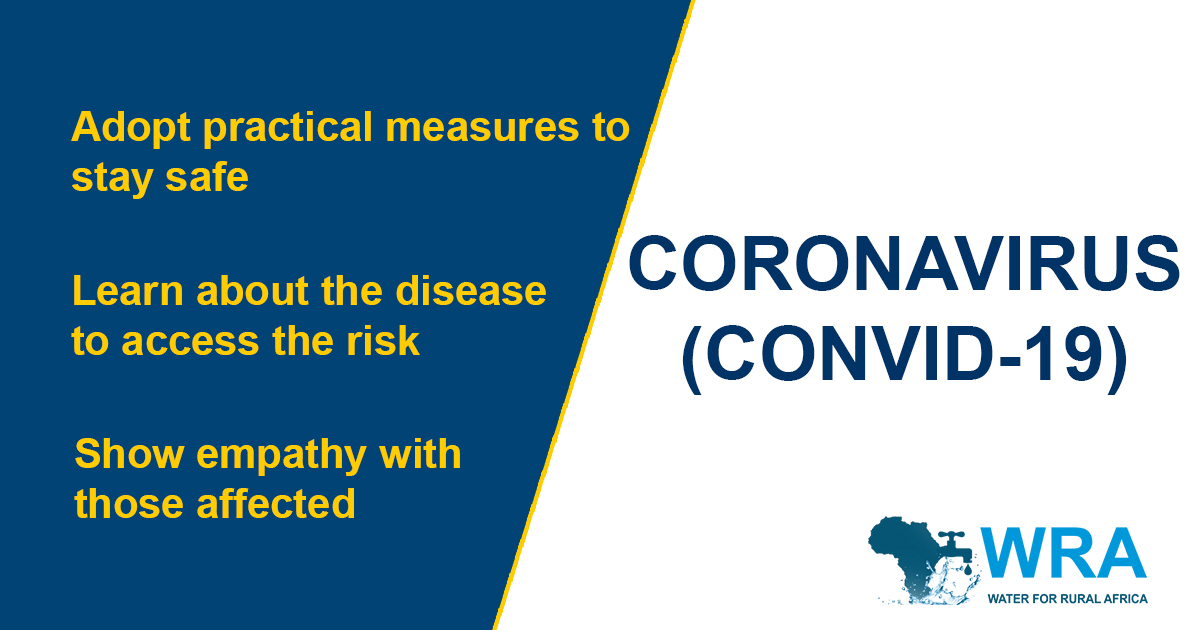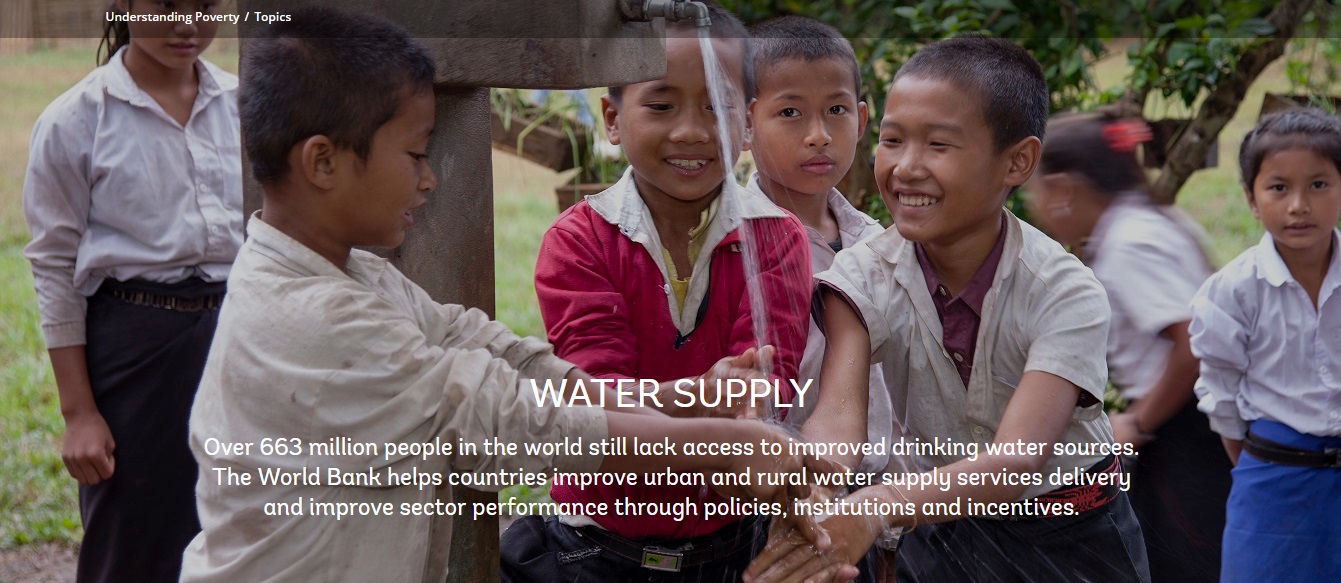Freshwater scarcity already affects every continent, and it is expected to intensify over time due to an increase in demand from all water users, a rise in population, a mismatch of water resources, and insufficient targeted investments in infrastructure. Estimates indicate that by 2025, 1.8 billion people will be living in regions with absolute water scarcity, and reducing water losses and re-diverting water to stressed regions will require large investments and the use of nonconventional waters.
Nonconventional water use requires changes in traditional water allocation frameworks, funding structures, water-quality standard-setting, regulatory frameworks, and institutional mandates.
On 14-15 November, the Food and Agriculture Organization of the United Nations and the Government of Spain are co-organizing an ‘International Symposium on the use of nonconventional waters for achieving food security’, in Madrid, Spain.
Source: UN water




